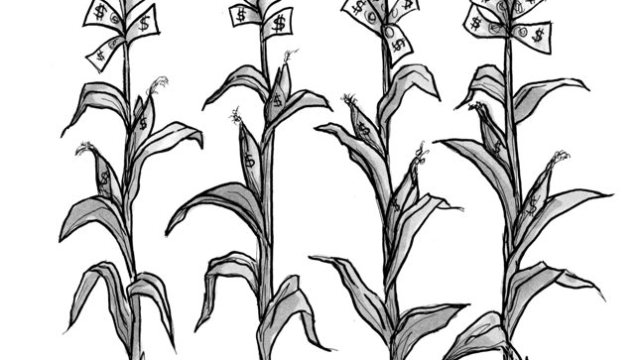And the Geeks Shall Inherit the Earth: Why “Cool Kids” Falter in Adulthood

What’s the Latest?
A new study published in the journal Child Development confirms everything your 6th grade guidance counselor always told you was true. Younger adolescents part of the “cool crowd” put themselves at higher risk of struggling during early adulthood, often developing drug and alcohol problems as well as fractured social lives. Researchers analyzed the lives of 180 teenagers over a decade and found that the “cool kids” were 45% more likely to get caught up in behaviors related to substance abuse as well as become engaged in criminal activity. On the other hand, the geeks, dweebs, and nerds of the world tend to turn out just fine.
What’s the Big Idea?
The core of the study’s findings is the idea of pseudomaturity — kids behaving (or trying to behave) older than they are. Maanvi Singh sums it up on NPR:
Although the queen bees and homecoming kings acted older than their age in middle school and high school, [psychologist Joseph] Allen tells Shots that “by 22 they were seen by their peers as being less socially competent and less mature.”
Allen, who headed the study, points to the urges of popular kids’ to engage in increasingly more extreme behavior to maintain preferred levels of attention. He also calls out media representations of teenage life:
“[The media] sets up an expectation that teens should be acting older.”
Allen says the results of the study should encourage parents to educate their children on the superficiality of high school social life. Of course, a nation’s worth of teenagers would probably respond to such advice with a brusque and curt “yeah, whatever.”
Read more at NPR
Photo credit: Peter Nadolski/Shutterstock





